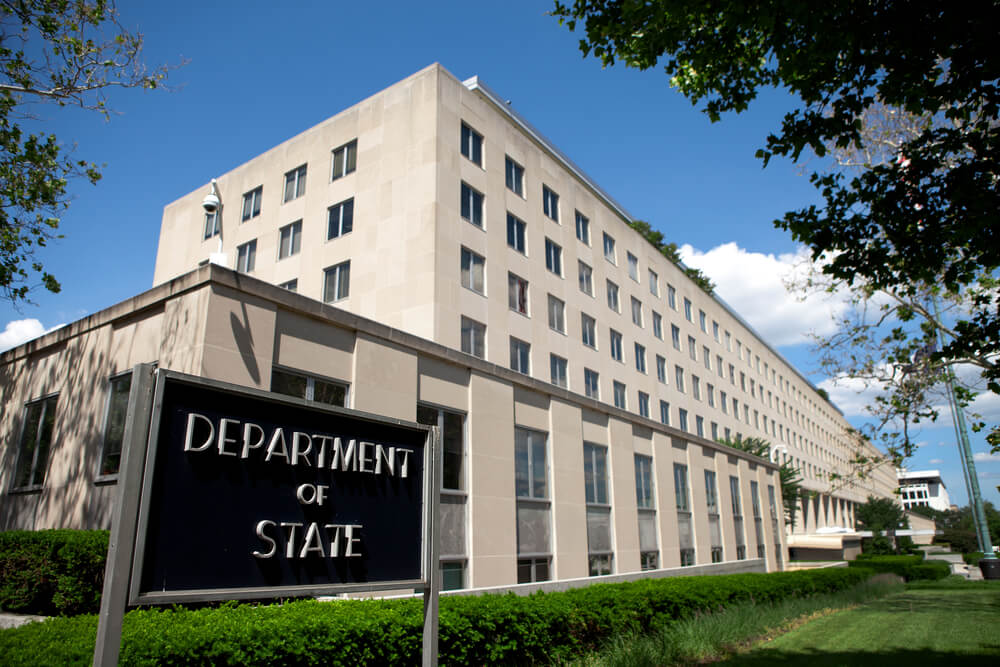It appears Vladimir Putin is preparing to interact with future US President Donald Trump using the style he learnt in Russia during the chaotic 1990s.
During that very unique period of Russian history, most commercial and other disputes between legal entities, businessmen, and even politicians were settled on the streets using shootings, violence, kidnappings, and assassinations.
At the recent summit of the security alliance in Astana, the capital of Kazakhstan, Putin said that he does not believe that Donald Trump is safe today. Russia Today, the Russian propaganda mouthpiece, widely quoted his words: "He (Trump) is experiencing attacks on members of his family, on children."
They also conveyed his views on Trump's potential invitation to peace talks - "If the newly elected president will say: It’s not me; these are the people who have lost their minds. I have nothing to do with it. Let's talk? Of course, this is an option."
The environment understood the message from its leader
This style of public messages, and particularly their meaning, was well understood by the people in Putin's environment, because they too can easily decode the language used during the stormy 1990s.
They received the message that if the future President Trump disagrees with the way of conducting and the outcome of the Ukraine peace talks that suits Putin, then it means that Trump and his family are in danger.
This communication style is typical of the 1990s, when Putin emerged as a ruthless leader.
Putin wants to dismantle the Ukrainian state and government, occupy as much Ukrainian territory as possible
Vladimir Putin wants to dismantle the Ukrainian state and government, occupy as much Ukrainian territory as possible, and establish Russian control over everything remaining in unoccupied Ukraine.
If, however, Putin concludes that Donald Trump is not willing to accept this outcome, then the issue of the security of the future president of the US and his family becomes relevant. Deciphering Putin's messages from Kazakhstan using the style of the 1990s reveals this.
Children of enemies of the people
During the Soviet era, some victims were identified as "children of enemies of the people." Recent history has witnessed the kidnapping and displacement of Ukrainian children, a clear continuation of Russia's long-standing child-related despotism.
The Kremlin even targets the children of those whose obedience Vladimir Putin is trying to achieve.
Some of the very high-ranking people in the Russian establishment have experienced family dramas in which their children were the victims. Head of the VTB bank, Andrey Kostin, then at one point considered to be future president of Russia, Sergei Ivanov, or ousted president of Ukraine, Viktor Yanukovych, who is in exile in Moscow, have lost their sons in the course of very strange and awkward accidents in a relatively same time period.
Demoralising an enemy, a competitor, or a potential servant is one of the Kremlin’s favourite signatures
Demoralising an enemy, a competitor, or a potential servant is one of the Kremlin’s favourite signatures.
The Kremlin is confident that demoralisation is more effective than assassination in many cases.
Demoralisation is actually more desirable and preferable to the Kremlin because it eliminates the uncertainty associated with dealing with the successor.
History of political assassinations
Vladimir Putin understands that he will need to cross more lines in the near future.
He is not optimistic about the nomination of Marco Rubio as secretary of state and the nomination of retired general Keith Kellogg as Trump’s new Ukraine-Russia envoy.
 Putin is not optimistic about the nomination of Marco Rubio as secretary of state and the nomination of retired general Keith Kellogg as Trump’s new Ukraine-Russia envoy
Putin is not optimistic about the nomination of Marco Rubio as secretary of state and the nomination of retired general Keith Kellogg as Trump’s new Ukraine-Russia envoy
Therefore, Vladimir Putin must devise alternative strategies to achieve the stated objectives in Ukraine.
At some point, he will begin to waste time, attempting to exhaust both Ukrainian and American sides. He will propose various unrealistic and bizarre processes, while exploring options that, in a deeply divided America, could easily shift the blame for any negative events involving Trump or his family to a rival political party.
Coincidentally or not, the Office of the Director of National Intelligence recently declassified intelligence documents that show Washington's belief that the Kremlin bears responsibility for numerous assassinations and attempted assassinations of Putin's political opponents around the world.
Given the rich history of political assassinations and Putin's activated coded rhetoric, it is impossible to ignore the possibility that Putin might resort to violent alternatives if the outcome in Ukraine does not align with his expectations.